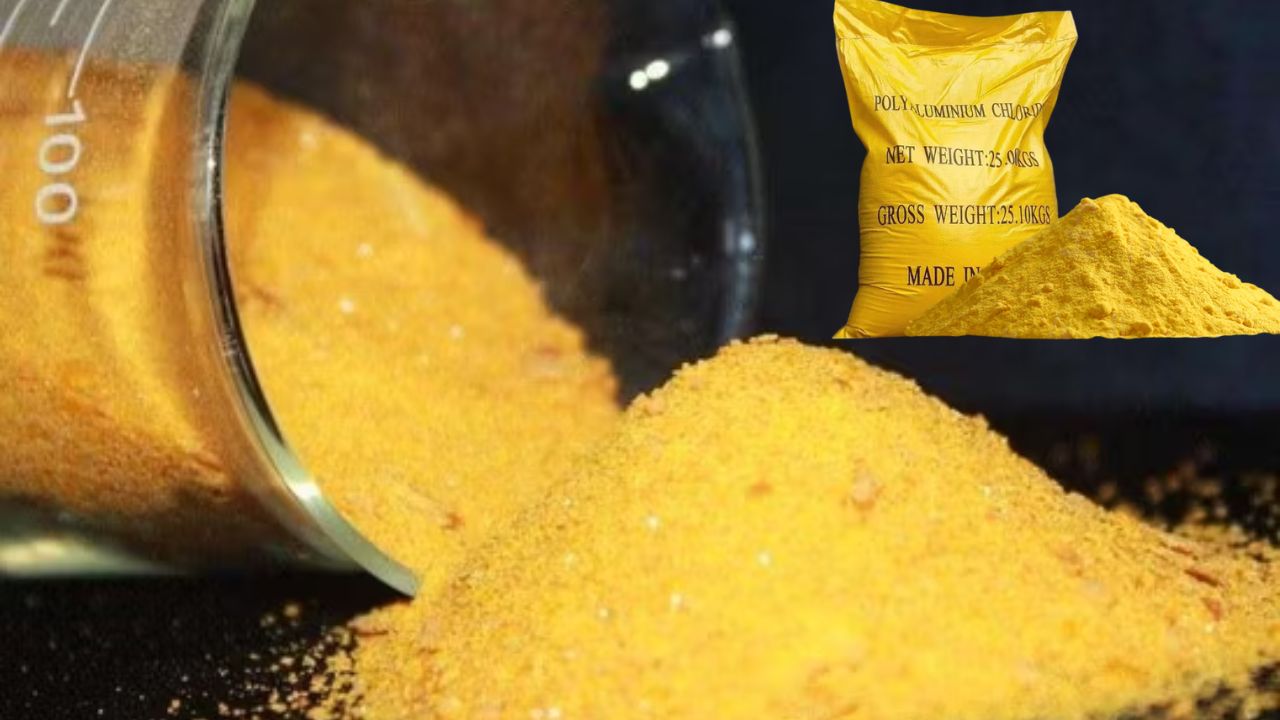Polyaluminium Chloride, also referred to as PAC, is a very efficient chemical compound that is commonly used as a coagulant and flocculant in a number of industries. PAC is known to have better efficiency in the removal of impurities and suspended solids.
This makes it play a crucial role in the improvement of the efficiency of water treatment and industrial processes.
Its efficiency in enhancing coagulation makes it essential in many environmental and manufacturing processes. This blog post will discuss various industrial applications of PAC and its role in enhancing sustainability and efficiency in operations. You can also contact a PAC chemical manufacturer in China to get PAC at reasonable rates.
How Polyaluminium Chloride Is Used Across Different Industries?
Water Treatment Business
The main component in municipal water treatment plants is PAC. It is used to purify drinking water and sewage. Its coagulating ability aids in collecting and settling suspended solids, bacteria, and other harmful microorganisms so that the water can be made safe.
The PAC has benefits over the traditional coagulants, like shorter settling time and lower sludge production.
This will translate into reduced processing costs and more efficient purification of water. In sewage treatment, polyaluminum chloride is used in the clarification of wastewater to eliminate impurities. So, it is a critical compound in ensuring the safety of the population and environment.
Paper and Pulp Industry
In the paper and pulp industry, PAC has various useful applications, especially as a retention enhancer and sizing agent. When used in the production process, it enhances the adhesion between fibers and filler materials to give the paper better qualities of high quality, high brightness, and a strong structure.
Also, PAC minimises the use of other chemicals, thereby decreasing the environmental impact of papermaking. PAC can replace more expensive or less efficient chemicals at a cost-effective rate. The energy saving and greater productivity of the paper mills are also achieved by the ability to improve the paper pulp drainage and dewatering.
Textile Industry
In the coloring of fabrics, PAC enhances the fastness of the dyes. This makes them attach more to the fibers to give bright and lasting colors.
After staining, the textile discharges are usually mixed with harmful chemicals and suspended solids. This poses a threat to the environment. PAC is used to treat such effluents by coagulating the contaminants, making it easier to remove them.
PAC used in the treatment of textile wastewater enables textile factories to reduce their environmental footprint.
Oil and Gas Industry
PAC has applications in oil and gas, along with drilling fluids and wastewater. Its curdling power assists in the clearing of solids and impurities in the oil-field water. This parameter can assist in the sustenance of the water quality necessary for efficient drilling processes. Environmental pollution is a primary issue in this sector, and the same holds true for PAC as to how it is involved in eliminating such pollution. PAC improves the solid-liquid separation and minimizes pollutants.
Food and Beverage industry
The food and beverage industry relies on PAC to purify water to be hygienic and safe in food processing. Natural drinking water is a key ingredient in the production of beverages and sugar refining, along with clarification. PAC helps in the removal of suspended impurities and organic matter. This Process renders the final products safe and high in quality.
One case is in the purification of sugar, where PAC is applied to take off coloring agents and other substances that are not sugar, leaving a more refined product.
Mining and metallurgy
PAC is also used notably in mineral processing and mining wastewater treatment, where it serves to separate impurities from ores. It improves the coagulation of suspended solids so that cleaner water can be recycled in mining processes.
This saves the fresh water and alleviates the environmental discharge problem. The application of PACs in mining facilitates more sustainable water management habits.
Environmental Applications
In addition to certain industries, PAC is an important part of the treatment of industrial wastewater in general. It can help to reduce pollution by reducing the amount of sludge and improving solid-liquid separation.
PAC helps in cleaning up the water bodies by facilitating the effective removal of pollutants in the wastewater, thus helping in reducing environmental degradation. Its application is in line with the Clean World Initiative.
Conclusion
Polyaluminium Chloride has proven to be very versatile and significant in various industries. The fact that it is capable of improving process efficiency and reducing environmental impact is a marvel in itself. It also controls the costs, making PAC relevant to a range of industries.
By facilitating the sustainability and high operational performance, PAC continues to be one of the cornerstone chemicals. It has potential applications in the future as industries work towards greener and more efficient production processes.


